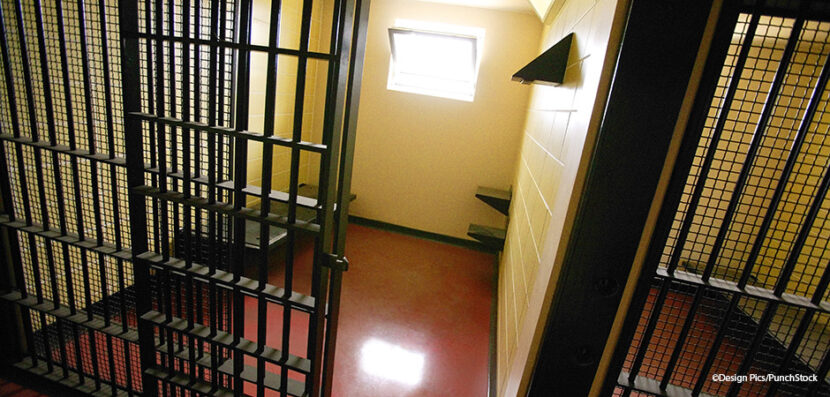An Important FIRST STEP
The United States has the highest rate of incarceration in the world. More than 2.1 million people are currently behind bars, a disproportionate number of them people of color. Moreover, many prisoners face inhuman conditions such as extreme overcrowding, physical violence, a lack of adequate health care, and long periods of isolation. But can anything be done about it?
The Formerly Incarcerated Reenter Society Transformed Safely Transition Every Person (FIRST STEP) Act, which was signed into law by the president on December 21, 2018, seeks to reform the current U.S. prison system in the hopes of lowering the rate of recidivism–the rate at which people who have left the prison system wind up returning to it.
But is prison reform truly as easy as passing a law? Here, Election Central takes a closer look.
What is the FIRST STEP Act?
Among other things, the FIRST STEP Act:
- reduces mandatory minimum sentences for nonviolent offenders;
- increases “good time credits,” which inmates can earn through good behavior to reduce their time in prison;
- allows inmates to also receive “earned time credits” for participating in vocational and rehabilitative programs;
- reduces the use of restraints on pregnant women;
- expands compassionate release for terminally ill patients;
- places prisoners closer to home and family when possible;
- requires de-escalation training for correctional officers and employees; and
- improves feminine hygiene in prison.
Will It Work?
As a bill, FIRST STEP enjoyed widespread bipartisan support. It was backed by President Trump and Vice President Pence. It is also supported by Democratic senators Cory Booker (NJ) and Dick Durbin (IL), as well as Democratic representative John Lewis (GA). It was also supported by the American Civil Liberties Union (ACLU). Meanwhile, key Republicans such as Mitch McConnell (KY) and Marco Rubio (FL) were vocally opposed to the bill.
Despite this support, however, it still faces heavy criticism. Some experts are concerned about the reduced sentencing requirements, afraid that drug traffickers and other potentially dangerous criminals will be back on the streets more quickly. Others say that without seriously increasing federal funding to the prison system, these expensive changes will never be able to happen. And still others worry that the act doesn’t go far enough: because it only applies to people held in federal prisons, it doesn’t help 90 percent of the prison population, which is held in state and local facilities.
Who is Matthew Charles?
Matthew Charles’s story made national headlines last year. He was initially arrested for selling crack cocaine in 1996 and spent twenty years behind bars. During those two decades, Charles took many classes, mentored other prisoners, and never had a single disciplinary problem.
Related Link: Mr. Charles was one of President Trump’s selected guests during his recent State of the Union speech to the nation.
After he was released in 2016, however, the courts determined that Charles was released in error because he was a “career offender”. Charles was re-sentenced and sent back to prison for ten more years. Last Thursday, Matthew Charles became one of the first prisoners to be released under the FIRST STEP Act.
As the name implies, the goal of the law isn’t to solve the prison crisis in its entirety. Instead, it is meant to be an aptly named “first step” toward long-standing and meaningful reform.



